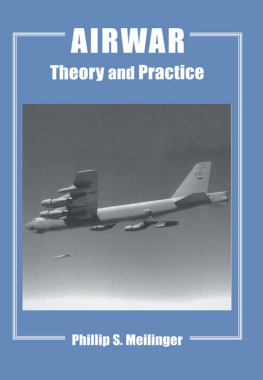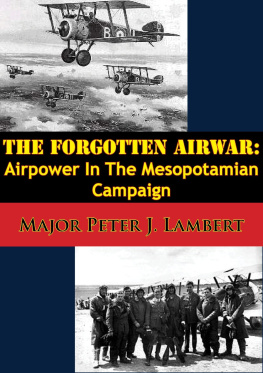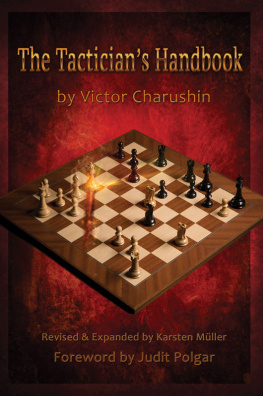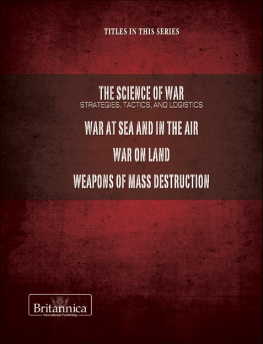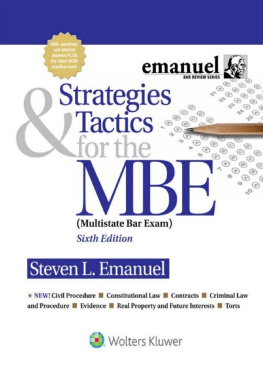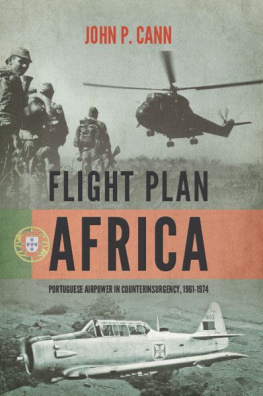CASS SERIES: STUDIES IN AIR POWER
(Series Editor: Sebastian Cox)
AIRWAR
CASS SERIES: STUDIES IN AIR POWER
(Series Editor: Sebastian Cox)
ISSN 1368-5597
- A Forgotten Offensive
Royal Air Force Coastal Commands Anti-Shipping Campaign, 1940-1945
by CHRISTINA J. M. GOULTER
- Courage and Air Warfare
The Allied Aircrew Experience in the Second World War
by MARK K. WELLS
- Despatch on War Operations
by SIR ARTHUR T. BOMBER HARRIS
- The Strategic Air War Against Germany, 1939-1945
Report of the BRITISH BOMBING SURVEY UNIT
- Industry and Air Power
The Expansion of British Aircraft Production, 1935-41
by SEBASTIAN RITCHIE
- Air Power at the Battlefront
Allied Close Air Support in Europe, 1943-45
by IAN GOODERSON
- Russian Aviation and Air Power in the Twentieth Century
edited by ROBIN HIGHAM, JOHN T. GREENWOOD AND VON HARDESTY
- Sir Frederick Sykes and the Air Revolution, 19121918
by ERIC ASH
- A Life of Marshal of the RAF Lord Tedder of Glenguin
by VINCENT ORANGE
- The RAF and Aircraft Design
Air Staff Operational Requirements, 1923-1939
by COLIN SINNOTT
- Westland and the British Helicopter Industry, 19451960
Licensed Production versus Indigenous Innovation
by MATTHEW R.H. UTTLEY
- Strategic Air Power and the Gulf War
by JOHN OLSEN
- Air Power History
Turning Points from Kitty Hawk to Kosovo
edited by SEBASTIAN COX AND PETER GRAY
- Airwar
Theory and Practice
by PHILLIP MEILINGER
AIRWAR:
THEORY AND PRACTICE
PHILLIP S. MEILINGER
First published in 2003 in Great Britain by
FRANK CASS PUBLISHERS.
2 Park Square, Milton Park,
Abingdon, Oxon, 0X14 4RN
and in the United States of America by
FRANK CASS PUBLISHERS
270 Madison Ave,
New York NY 10016
Transferred to Digital Printing 2005
Website: www.frankcass.com
Copyright 2003 P. Meilinger
British Library Cataloguing in Publication Data:
Meilinger, Phillip S.
Airwar: theory and practice. - (Cass series. Studies in air power; 14)
1. Air warfare - History 2. Air warfare - Philosophy
I.Title
358.4'14'09
ISBN 0-7146-5310-1 (cloth)
ISBN 0-7146-8266-7 (paper)
ISSN 1368-5597
Library of Congress Cataloging-in-Publication Data:
Meilinger, Phillip S., 1948-
Aiwar: theory and practice/Phillip S. Meilinger.
p. cm. (Cass series - Studies in air power, ISSN 13685597; 14)
Includes bibliographical references and index.
ISBN 0-7146-5310-1 (cloth) - ISBN 0-7146-8266-7 (pbk.)
1. Air warfare - History. I. title. II. Series
UG630 M357 2003
358.4-dc21
2002033932
All rights reserved. No part of this publication may be reproduced, stored in or introduced into a retrieval system or transmitted in any form or by any means, electronic, mechanical, photocopying, recording or otherwise, without the prior written permission of the publisher of this book.
To Wart, Ernie and Beccajon
Series Editors Preface
The Cass Studies in Air Power Series has always sought to take a broad perspective on air power and to include studies encompassing economic, biographical and human aspects of the subject, as well as straightforward historical studies. This is the first book in the series to address the more theoretical and doctrinal aspects of air power, and, though it is firmly grounded in history, it would be true to say that it is aimed more at the airman than the historian.
In the realm of military theory, airmen have always tended to be less prolific than their army or naval counterparts. In part, this may stem from an innate suspicion of those who preach elegant theories but do not have the necessary skills to carry them out. Pilots tend, quite naturally, to have the greatest respect for those of their fellow airmen who display the greatest skill in the air, rather than those who display formidable intellectual powers on the ground. In almost every air force in the world it is the pilots who reign supreme, to the extent that, certainly in the Royal Air Force, navigators and other aircrew specialists have often felt themselves to be second-class citizens. Theorising is now institutionalised in manuals on doctrine and has thus become the province of the doctrine writers, and here, too, many front-line aviators remain indifferent or antagonistic to the product. This suspicion of theorising has a corollary, which is an underestimation of the value of history as a tool for the modern airman. Whereas an infantryman or paratrooper can see very clearly the close parallels between his activity and that of his forebears on the Somme or at Bastogne, many airmen do not feel such an immediate affinity with their ancestors flying over Berlin or the Yalu River.
In this volume, Colonel Meilinger quotes General Michael Dugans exasperation with airmens own ignorance of the wider aspects of their trade when compared with soldiers and sailors, and his words will strike a chord with anyone who has had to lecture on air power history to a class of young air force officers. Yet, whether they realise it or not, every military airman flying today does so in accordance with a doctrine of some sort, and since doctrine is in large part the formalisation of ideas based on previous practice, they are indeed dependent on the experience of their forebears. It cannot be otherwise when air forces, as large multi-billion dollar businesses, spend, comparatively speaking, so little of their time actually engaged in their core activity of fighting. History is vicarious experience, and the author brings that experience to the page and sets out its relevance to today in very clear terms.
Phillip Meilinger has for many years been one of those rare individuals, an airman who both studies history and uses it as an informed tool to enable him to analyse current air power problems and future solutions. In this series of essays, written over a number of years, he uses history not only to inform but also to challenge. In doing so, he follows in the tradition of fellow countrymen and military theorists from A. T. Mahan to Colonel John Warden. Military doctrine and ideas are themselves subject to constant challenge, and in the following pages the author assaults a few modern shibboleths, whether it be an unthinking and slavish adherence to jointness, or a perceived gap in airmens thinking on the use of air power in nonnuclear strategic operations. Many, both airmen and historians, will find much with which they do not agree in these pages, but whether we agree with the analysis or not it is impossible to read these essays without being forced to reanalyse and often reassess our own position.
If there is a connecting theme to many of these essays, it is their attempt to lift the eyes of airmen, firstly from the head-up display, and then further up again from the battlemap, and to show them not only air powers intellectual roots but also its wider and enduring principles and impact. Military pilots are enjoined that it is not healthy to keep their heads in the cockpit when flying, but instead to remain aware of what is happening beyond their instruments. In this work, Phillip Meilinger is aiming to achieve a similar result with their intellectual as opposed to their physical horizons.

